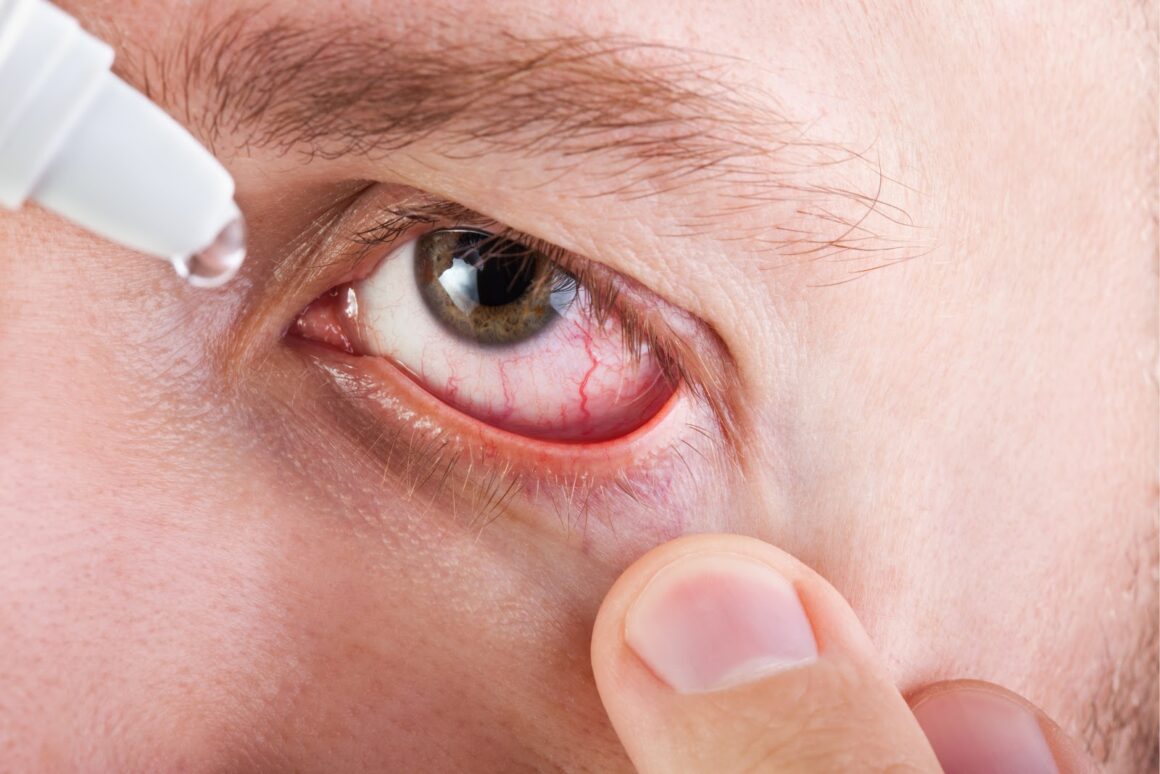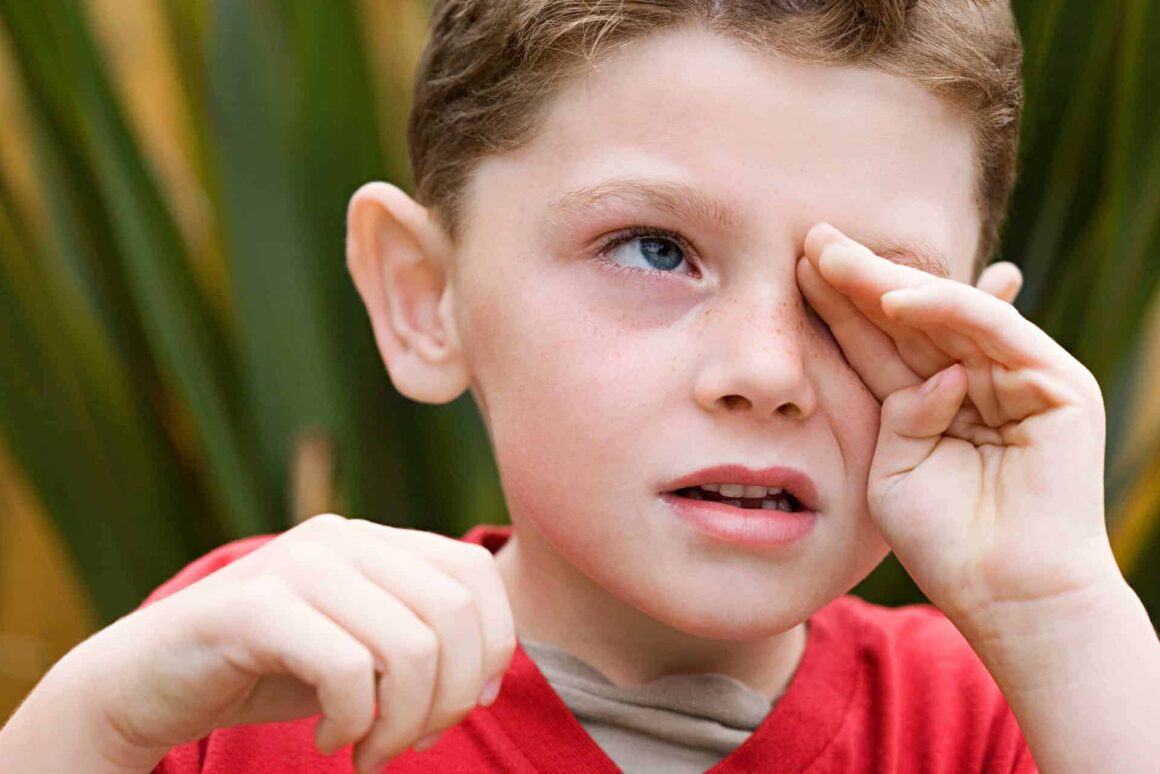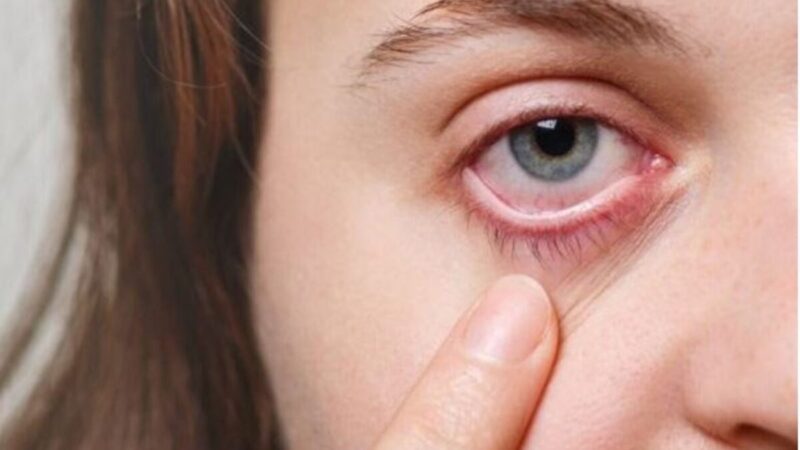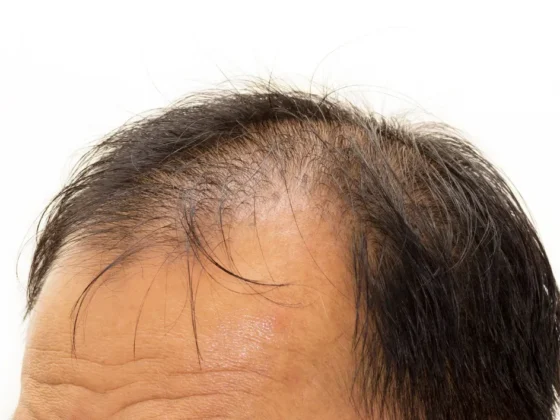Eye allergies or allergic conjunctivitis are common eye conditions in which the eyes react to an allergen. The conjunctiva is the tissue that lines the inside of the eyelid and the outside of the eyeball to keep them moist. When irritants such as pollen, pet dander, smoke, or dust get in the eyes, the eyes produce histamine, which causes conjunctivitis inflammation. The eyes often become red, swollen, and itchy, and the allergic reaction will be more severe if you cannot avoid the allergen. Preventing or limiting contact with allergens can help with eye allergies, but your Bainbridge Eye Care specialist recommends medication for symptom relief.
What causes eye allergies?

You experience eye allergies when your body’s immune system reacts to an allergen that is normally harmless, and produces histamine chemicals such s histamine that irritates the eye. As a result, your eyes become swollen, itchy, red, and watery. Allergens can be anything from pet dander, spores, dust mites, mold, and smoke. They can be in confined spaces or outdoors. Sometimes eye allergies occur without direct contact with the allergen; for example, your eyes can react to insect bites and certain foods. Eye allergies are not contagious, meaning you can acquire or pass them to another person.
People who are allergic to perfumes, drugs, or cosmetics also tend to have eye allergies since the eyes react to these substances. Some lubricating eye drops and prescribed eye drops have preservative chemicals that irritate the eyes. If your eyes react to preservative chemicals, you should use preservative-free eye drops. You can also inherit eye allergies from your parents, especially if one or both of them have the problem.
Identifying eye allergens

The key to treating most allergies is avoiding or limiting contact with the irritant or allergen. For this reason, it is essential to know your sensitivities. Your specialist may perform a skin or blood test to help identify specific allergens.
Avoid allergens

If your eyes react to pollen, you may need to avoid going out, especially when pollen counts are highest, which is typically in the mid-morning and early evening. You also want to be indoors when it is windy since the pollens are blown around. Wearing sunglasses or eyeglasses can prevent pollen from getting into your eyes. Pollen can get into your house, so you want to keep your windows closed and use air conditioning to lower your exposure to pollen grains and other irritants when indoors. Ensure that your air conditioning units are clean so they won’t cycle allergens in your house.
Your eyes may also react to mold and dust. If this is the case, you should aim to keep the humidity level in your home around 30 to 50 percent and clean moist places such as the kitchen, bathroom, and basements. Using a dehumidifier can also help control humidity in your house. Allergen-reducing covers for your pillow can be helpful if dust is an allergy trigger for you. You may need to pay special attention to your bedroom and ensure you frequently wash your bedding with hot water.
If you have bothersome symptoms due to eye allergies, visit your specialist at Bainbridge Eye care for treatment to relieve your symptoms.


